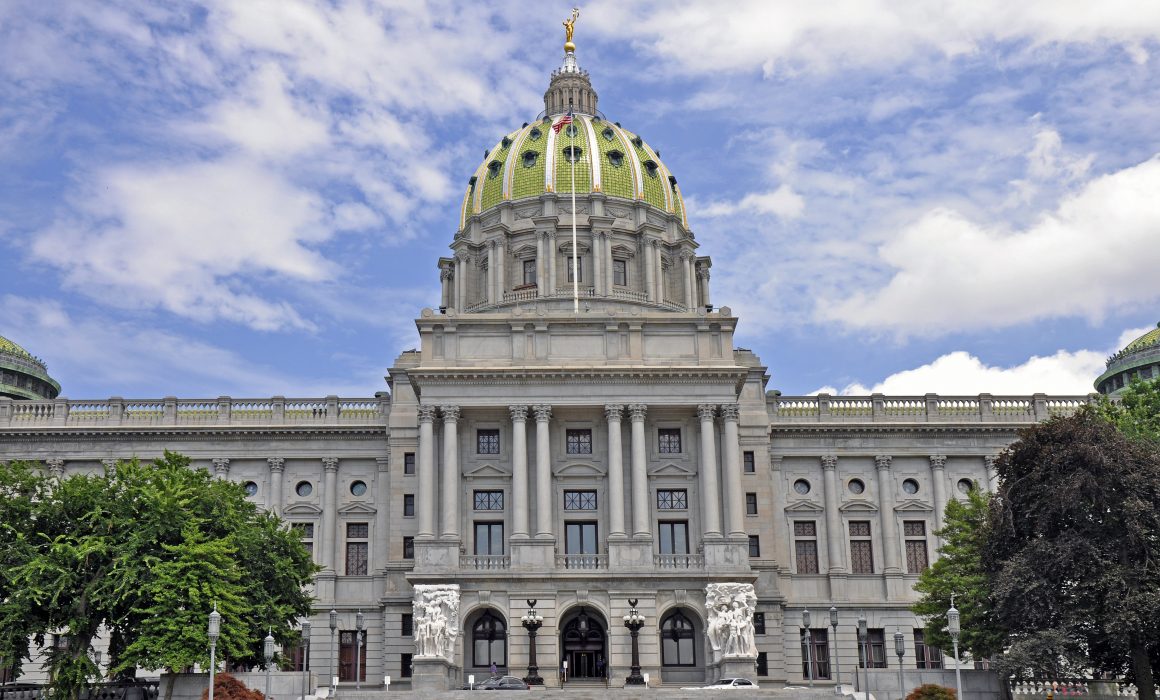State Issues
State issues may include agricultural program funding, rural development, state regulatory proposals and wildlife issues.
Government Affairs and Communications Division
Mitchell Kurek
State & Local Affairs Specialist
717-562-3581
Grant Gulibon
Regulatory Affairs Specialist
717-761-2740
The 2025-26 budget proposal offers a major boost to Pennsylvania’s agricultural sector, with increased funding for innovation, food security, animal health, and education—key investments that will drive growth and ensure a sustainable future for farming communities. Support from legislators is crucial to keep these initiatives on track for success.
Pennsylvania Farm Bureau is advocating for reform of the state’s dairy premium system to ensure fair, transparent distribution and support for local dairy farmers. We support necessary key reforms, including legislative oversight and stakeholder engagement, to fix the current inequities and improve the premium system.
As renewable energy projects grow, Pennsylvania landowners face financial and environmental risks if solar and wind facilities aren’t properly decommissioned. Supporting legislation that requires developers to secure decommissioning bonds will protect landowners from costly cleanup and restoration burdens, ensuring responsible energy development.
Pennsylvania farmers are facing a renewed push for costly labor mandates like minimum wage, overtime, and unionization, which could devastate family farms, drive up food prices, and exacerbate labor shortages. Rejecting the “Equal Rights for Agricultural Workers” legislation is crucial to protecting Pennsylvania’s agricultural economy and ensuring its survival.
To protect Pennsylvania’s dairy industry, we support legislation that ensures 24/7 milk transport, preventing disruptions that could hurt farmers and supply chains. Additionally, while we support improving road safety, we urge clarity and safeguards in proposed driver’s license legislation to protect both licensing integrity and election security.
Senate Bill 67 offers an expansion of Sunday hunting in Pennsylvania, providing farmers with a powerful tool to combat wildlife damage while enhancing hunting opportunities and strengthening property protections. Support this bill to help safeguard Pennsylvania’s crops and farming communities.

